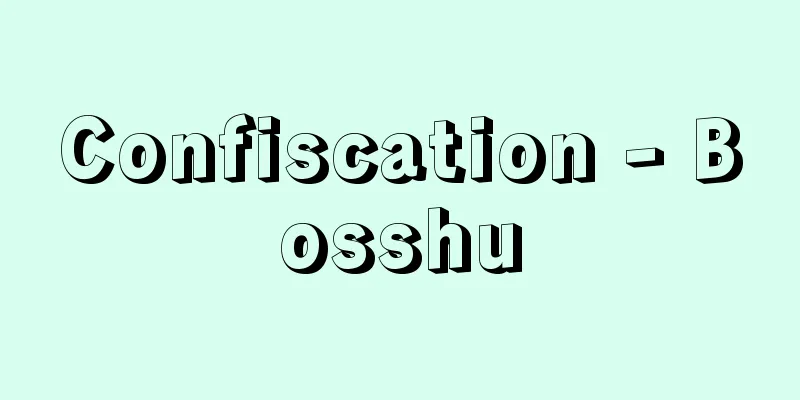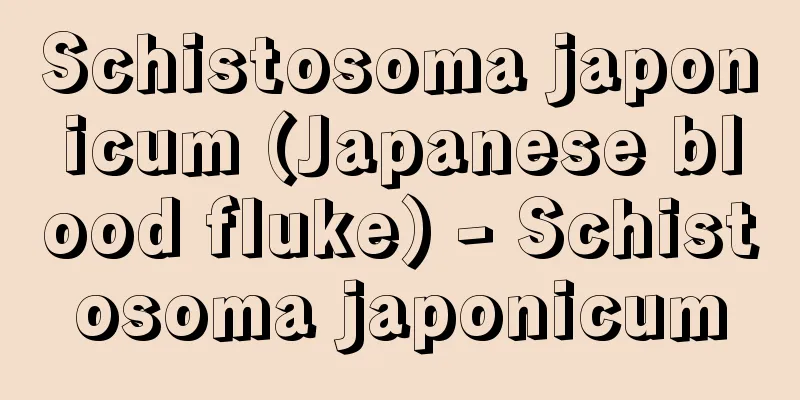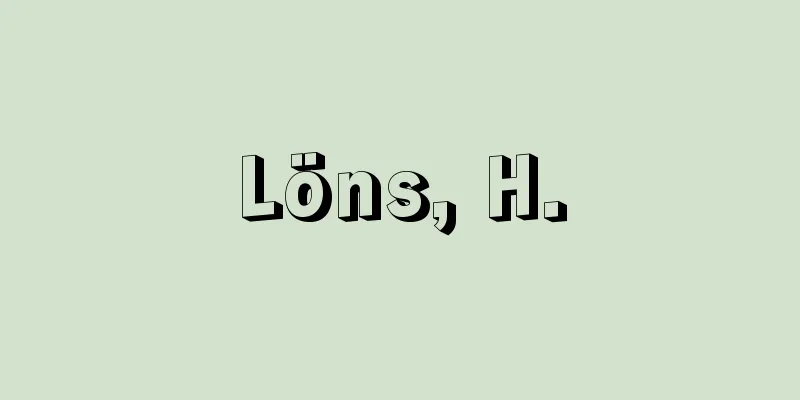Confiscation - Bosshu

|
In criminal law, it is a type of punishment, and, along with fines and petty fines, it is a type of property penalty, but it is an additional penalty that can only be imposed in addition to the main penalty (Article 9 of the Penal Code). The main reasons for confiscation are to prevent the social danger caused by the object and to prevent the criminal from keeping the profits from the crime, and it is more like a security measure than a criminal punishment. The former reason applies to objects that constitute a criminal act (for example, a forged document in the case of using a forged document) and objects that were used or were intended to be used in a criminal act (for example, a weapon used in a murder), while the latter reason applies to objects that result from a criminal act (for example, a forged document in the case of forgery), objects obtained through a criminal act (for example, property obtained through gambling), objects obtained as a reward for a criminal act (for example, an object obtained as a reward for an abortion), and objects obtained in exchange for these objects (for example, the money obtained by selling them) (Article 19, Paragraph 1 of the same law). In principle, confiscation is only possible when the object belongs to no one other than the criminal, but if a person other than the criminal acquires the object after the crime with knowledge of the circumstances, it may be confiscated even if it belongs to a person other than the criminal (Article 19, Paragraph 2 of the same law). When it is impossible to confiscate all or part of the above-mentioned object due to consumption or other reasons, the value of the object may be collected (Article 19, Paragraph 2 of the same law). The Customs Act (tax evasion, smuggling) and the Liquor Tax Act (illicit brewing, etc.) also have provisions for confiscation and collection. The disposition of forcibly depositing items or deposits in the national treasury from their owners is called confiscation, which is different from confiscation. Furthermore, the act of an investigative agency obtaining possession of evidence or items to be confiscated from their owners based on a court warrant is called seizure. [Oide Yoshitomo] [Reference items] | | | | | | |Source: Shogakukan Encyclopedia Nipponica About Encyclopedia Nipponica Information | Legend |
|
刑法上の用語としては刑罰の一種で、罰金、科料とともに財産刑の一つであるが、主刑を科す場合に、これに付加してのみ科することができる付加刑である(刑法9条)。没収が行われる理由は、主としてその物から生じる社会的危険を防止するためと、犯罪による利得を犯人に保持させないためであり、刑罰というよりも保安処分に近い。前者の理由から対象となるのが、犯罪行為を組成した物(たとえば、偽造文書行使罪における偽造文書)や、犯罪行為に供し、または供しようとした物(たとえば、殺人に用いられた凶器)であり、後者の理由から対象となるのが、犯罪行為から生じた物(たとえば、文書偽造罪における偽造文書)、犯罪行為によって得た物(たとえば、賭博(とばく)によって得た財物)、犯罪行為の報酬として得た物(たとえば、堕胎手術の謝礼として得た物)、それにこれらの物の対価として得た物(たとえば、それを売って得た代金)などである(同法19条1項)。没収できるのは原則としてその物が犯人以外の者に属さないときに限られるが、犯罪のあと犯人以外の者が情を知ってその物を取得したときは、犯人以外の者に属するときでも没収できる(同法19条2項)。前述の物につき、消費などによりその全部または一部を没収することが不可能なときは、その価額を追徴することができる(同法19条の2)。 なお、関税法(脱税・密輸)、酒税法(密造など)にも没収・追徴の規定がある。また、物や保証金などを所有者から国庫に強制的に収めさせる処分は没取といい、没収とは区別される。さらに、捜査機関が裁判所の令状に基づいて証拠物または没収すべき物の占有を所有者から取得する行為は押収という。 [大出良知] [参照項目] | | | | | | |出典 小学館 日本大百科全書(ニッポニカ)日本大百科全書(ニッポニカ)について 情報 | 凡例 |
Recommend
Abolition of atomic and hydrogen bombs - Gensui Bakukin Shiundo
A movement calling for the prohibition and abolit...
Adhesive paper - Setchakushi (English spelling)
Paper coated with adhesive on one or both sides, a...
Nod
《 NHK on demand 》⇒NHK on demand Source: About Shog...
《Bluebeard's Castle》
…Barbe‐Bleue is the protagonist of the story of t...
Kanada Castle
A 7th century Korean-style mountain castle built o...
Onshi - Onshi
Tondichtung is a type of program music that expres...
Struve, GOHvon (English spelling) StruveGOHvon
...The following six people are famous as astrono...
Cornflower (Centaurea cyanus) - Centaurea cyanus; corn flower
An annual or biennial plant of the Asteraceae fami...
Fast return mechanism - Fast return mechanism
A reciprocating mechanism that moves slowly on the...
Dimethyl sulfate
…It is a heavy oily liquid that is difficult to d...
Rhinobatos schlegelii (English spelling) Rhinobatosschlegelii
…There are 45 species of Rhinobatoids in the worl...
Usa Daiguji - Usa Daiguji
...The first shrine is Usa Jingu (Usa Hachiman Sh...
symbebekos (English spelling)
…The original meaning of chance is the even numbe...
The Essence of Medical Sciences - Seisetsuigensouyo
Japan's first Western physiology book. Physiol...
Shijimia moorei (English spelling) Shijimia moorei
...They overwinter as larvae among fallen leaves....





![Higashikawa [town] - Higashikawa](/upload/images/67cc997fcfa28.webp)



